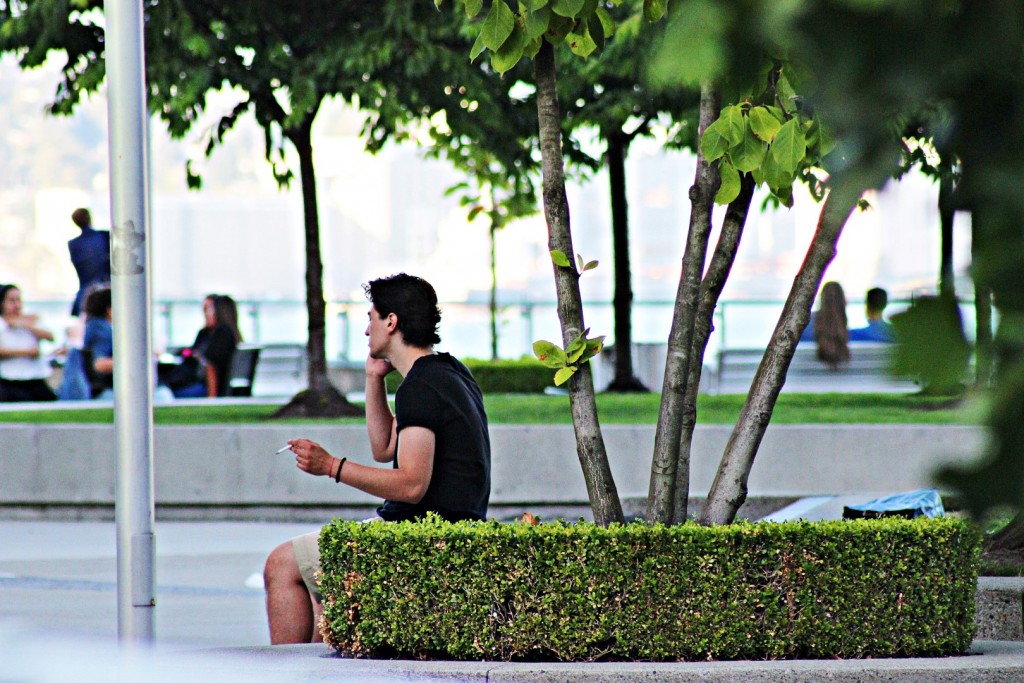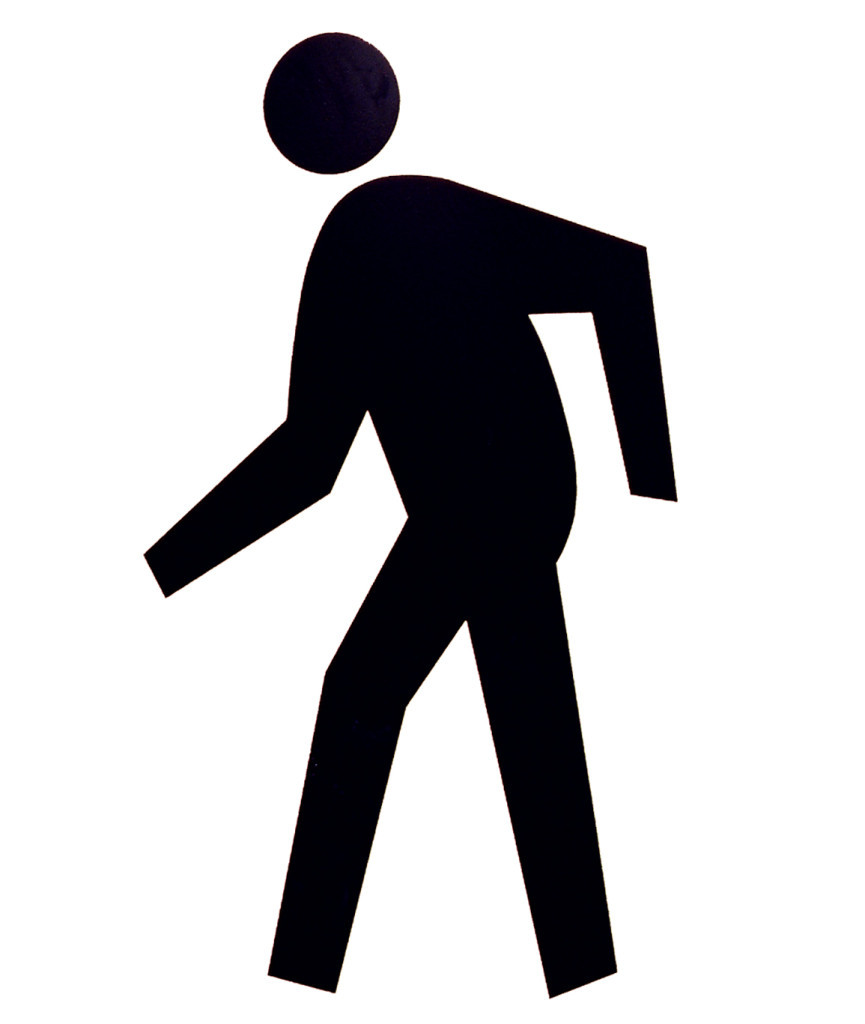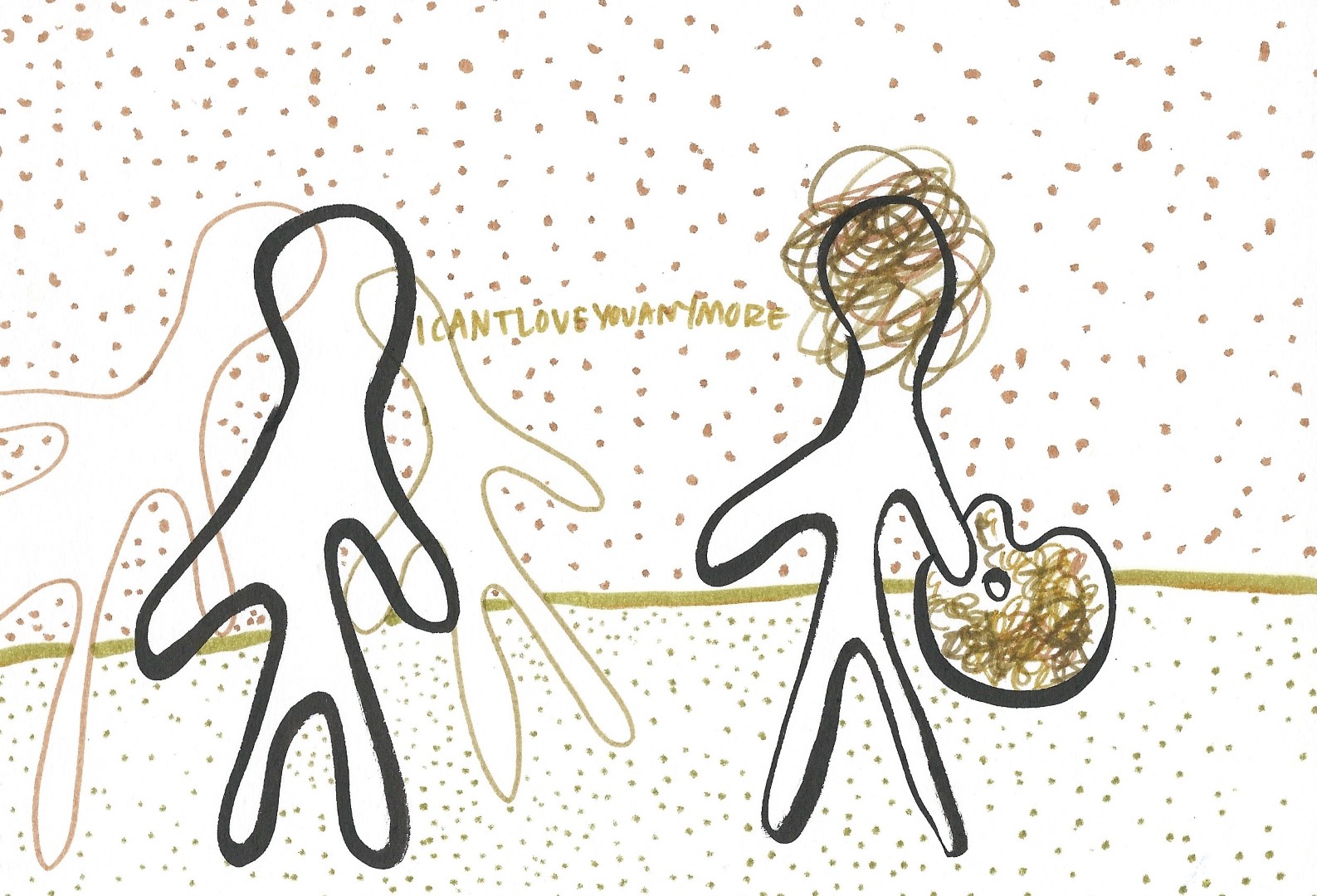
What we should do with our social media accounts in the face of professionalism
By Elliot Chan, Opinions Editor
When bodybuilder and middle school teacher Mindi Jensen received an ultimatum from her academic employers to either delete her workout/bikini pictures from her Instagram account or lose her job, it seemed like the whole world collectively rolled their eyes. Here we go again.
There was a time when I thought my teachers lived in the school after the bell rung and plotted our next quiz and homework assignments. While they might have been preparing the following day’s lecture, teaching was far from the only thing on their mind. Turns out, they do have a life outside of school and they barely thought of me after work—just like all people who make money during the day and go home to pursue their personal hobbies and projects in the evening.
Parents of all people should know that. So the fact that some parents approached North Sanpete Middle School’s administrators, the people in charge of Jensen’s career, and complained about the pictures on her personal account is a little appalling. The parents go on to claim that the images of Jensen were “inappropriate” and “pornographic.” Do those parents even know what porn is? Because I scroll through Instagram once a day and I never find “porn,” no matter how hard I scroll.
While it’s true that a professional working closely with children should remain decent on all platforms, it’s unclear where the line is drawn. Here’s how I see it: let’s say the teacher was a man and he had pictures of himself working out and in swim trunks—no!—Speedos. Would he get in trouble? Would the school board threaten to fire him if he didn’t take down those pictures? If that does happen, it doesn’t make the news. What is happening is oppression. What the parents are actually saying is: “You can’t show those pictures, because you are too pretty and you are arousing our kids. I don’t know how to discuss sexuality with them or explain that teachers are people too, with personal lives and aspirations, so I’ll just blame it on you, fit lady.”
At the end of the day, the school came to their senses, realized the legless claim the parents were standing on, and apologized to Jensen. But the question remains: how can we know if something is appropriate for the Internet or not? With nude and embarrassing pictures soaring this way and that through the air, we can’t be certain who would take offence. Therefore, we must go back to the rule of thumb: would we be okay if our mothers saw that picture of us? If the answer is yes, then share it. If no, then maybe it’s best to keep it in our private archives.
When it’s all said and done, Jensen will have a great lesson to teach to her students, one that stems from confidence and defending personal convictions. I think that’s a good lesson to learn in the social media age.


